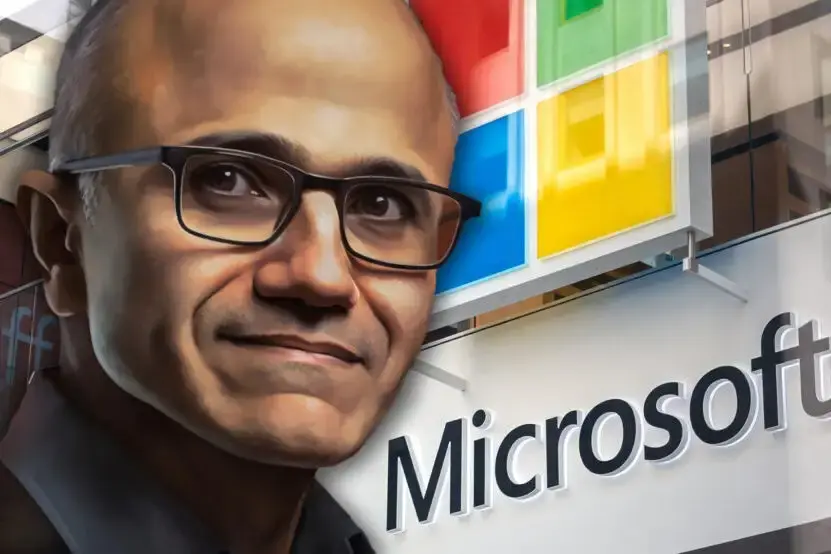We are most free when we appreciate the beauty of our surroundings, being ever mindful and present.
- 27 Posts
- 118 Comments
Yes. I’m from the USA and in my late twenties. I learned how to drive on an old Jeep Wrangler on a farm.
Yes, I believe in the Christian God.
Dude I wanna come, I’ll bring the scotch

 2·1 year ago
2·1 year agoWhat kind of stuff are you researching now? You seem like a kindred spirit. I just bookmark things after there get to be too many tabs as I like context switching between twenty tabs for hours and get an odd satisfaction out of not using the tab switcher.

 2·1 year ago
2·1 year agoThere’s a place called kokomo!

 4·1 year ago
4·1 year agoHoly fucking shit. You must have so much RAM!
We have a symbiotic relationship with Dairy Cows.

 7·1 year ago
7·1 year agoDo you have these online somewhere?

 3·1 year ago
3·1 year agoj2me looks relatively more modern? What protocols were the old-school Nokia games like Snake written in?

 12·1 year ago
12·1 year agoI decided not to confess to a coworker because I had learned that lesson the hard way at a previous job. I figured it would be better to not mix work and dating. Unfortunately as time went on I grew infatuated with this coworker and it took a combination of meditation, medication, and real intense personal work to realize that my infatuation was really just my mind’s way of trying to distract me from my own anxiety and depression. So I focused on that and ended up getting a better job and meeting someone who was such a significantly better match for me.

 3·1 year ago
3·1 year agoFor me:
A Pluralsight course on Windows Endpoint Manager
Various Lemmy tabs
The Economist
This Youtube video about Pakistan

 4·1 year ago
4·1 year agoYes, there are many successful open source algorithms, so there is no reason to believe a content recommending algorithm that is open-source could not be successful. If you’re using Lemmy and you sort by “hot”, you are already using one…

 6·1 year ago
6·1 year agoThis would be a significant change to the intellectual property laws that govern most western countries currently. Not all algorithms are electronic in nature. For instance, manufacturers, stock trading firms, and banks may all use algorithms that are proprietary to perform manual or mechanical processes. Requiring these to be open sourced to the public would likely result in many trade secrets being leaked. There would also be a question of rather a recipe constitutes an algorithm as it really is just a set of processes at the end of the day. If so, Coca-Cola and a bunch of other countries are screwed.
Apart from the less obvious cases, there is also every software company in the world to consider. If they were forced to make their code public, we would see a lot of effects, some good and some not. To begin with, anyone would be able to compile and spin up any software at any time, making paid software a much less profitable business. Microsoft’s only customers in the software world would be the less tech savvy among us, and even then, they would be severely undercut by other companies as well as the neighborhood kid down the street who could volunteer to compile the OS code on your behalf for significantly less money. Specific INSTANCES of software, including the databases and information inside, as well as physical infrastructure would not be put at risk by this change, so the giants like Microsoft and Amazon would still be poised to win. However; they would have a lot more competition and would need to pivot away from software licensing as a business model all together.
Much more interesting to consider is the financial impact that such a change would have on society. I suspect the stocks for the major tech companies like Microsoft and Amazon would plummet. Apple in particular, who highly values secrecy and proprietary software, and who is not in the cloud computing business just yet, would be impacted more than anyone, as their closed down ecosystem would become a lot more open. If the law was passed in a particularly large market like the US or the EU, Apple and other tech companies would almost definitely sue that government, but the case would take years to resolve and would go to the highest level of the courts before being resolved. Open sourced code is technically still protected by copyright laws according to the terms of the open source license, so you would definitely see a lot of IP lawyers going after businesses for the slightest violation of those terms. You would also see a ton of trademark cases in response to people blatantly ripping off the Microsoft logo. The end result would probably be that their brand would get some limited protection from becoming all together irrelevant, but they would still be unable to stop individuals who are fully compliant with the open source license from downloading and compiling code themselves, severely cutting into Microsoft’s profits.
Likely, these big software companies would then realize that they must move from a product based model to a service based model when it comes to software. I don’t care if you can see the code for Netflix’s sorting algorithms – that doesn’t necessarily mean you have access to their video content. Products like Microsoft Word would become valueless while Microsoft Teams would potentially skyrocket in value. Data and files in general would become highly prized by these tech giants as they would allow for content to be fed by their programs that distinguishes their instance of a service from the one you are running on your local machine.
However; this would ultimately not be enough to starve off the sudden loss of revenue from such a change. Consider less flashy examples like insurance companies and banks that have business rules hidden in their algorithms. If someone found out the “rules” to get an insurance claim approved by automated systems, they would surely take advantage of it. You would see a massive amount of insurance fraud, financial fraud, and just general chaos as the rules that have powered these institutions for the last 40 years or so suddenly became irrelevant. We would quite likely see a total collapse of the stock market, and at such a scale that governments would not be able to fix the problem. Of course, if the government passing this law gave companies more time to respond… Five years… A decade… Many of the problems could be mitigated, as could the impact. You might see a recession instead of a depression after implementation.
As far as what would happen afterwards? Open source would do what open source is supposed to do. It would point out the flaws in software, allow for creativity to bloom, and ultimately make the digital world a brighter, safer, more creative space. Innovation would bloom. Security algorithms would improve. People would be able to make more informed choices about where they do business. These learnings would come at a high cost for companies slow to respond to public comments on their Git repos. You would expect to hear about a lot more high-profile exploits and data leaks in the news. It might even cause an even deepening financial crisis similar to the one explored on “Mr. Robot” if, say, a major credit card processing company’s data was intercepted, or if financial loans for some of the world’s biggest financers were erased. However; new models would take the place of the old ones. The economy would eventually recover, and be rebuilt from the ashes on much more stable ground.
Or maybe Elliot would regret his decision and undo it. I don’t know. (spoilers ahead for those of you who still haven’t seen Mr. Robot)

 3·1 year ago
3·1 year agoIn the US many students celebrate graduating high school by going on a “senior trip” with their classmates. My friends and I took a week long trip on a cruise liner through the Caribbean.
Wow, that’s a throwback. I remember when we first got CompuServe waaaay back in the day.















I am impaled by the edge of the couch.